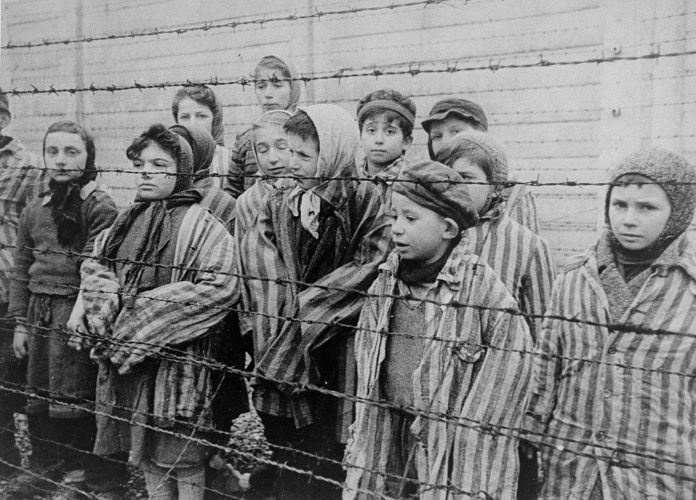The ability for a human being to not believe the truth about something can be breathtaking.
Atheists and skeptics of Christianity consistently say that the reason they don’t believe in God is because there is no evidence for Him. If there were just good evidence for God and for the historicity of Jesus, atheists say that would make all the difference in the world – they’d immediately believe.
But is that all there really is to it?
Deborah Lipstadt might have a thing or two to say about that. Dr. Lipstadt, who is the Dorot Professor of Modern Jewish and Holocaust Studies at Emory University, may not be a Christian or have a dog in the fight of atheism vs. Christianity, but she knows a thing or two about the ability of people to turn a blind eye to evidence when it’s offered to them. Lipstadt is the author of Denying the Holocaust: The Growing Assault on Truth and Memory, and someone who has spent years studying the ability of people to reject truth.
While most people think that it’s only individuals like Iran’s former President Mahmoud Ahmadinejad who cast doubt on whether the Holocaust occurred, Lipstadt discovered that the Holocaust’s historical validity is questioned by a far greater number of people than might be believed. Moreover, she found such denial has not only continued to gain adherents, but it has become a broad, international movement with organized chapters, supposed “independent” research centers (with cleverly disguised names), and various publications that promote a revisionist view of WWII history.
But what about all the evidence that clearly supports the historicity of the Holocaust? Lipstadt writes: “The attempt to deny the Holocaust enlists a basic strategy of distortion. Truth is mixed with absolute lies, confusing readers who are unfamiliar with the tactics of the deniers. Half-truths and story segments, which conveniently avoid critical information, leave the listener with a distorted impression of what really happened. The abundance of documents and testimonies that confirm the Holocaust are dismissed as contrived, coerced, or forgeries and falsehoods.”[1]
Now, don’t get me wrong. When I reference Lipstadt’s findings, I’m not attempting to equate atheists with Holocaust deniers. Instead, what I’m trying to get across is the fact that, when it comes to a person choosing to believe or not believe something, there is more to the story.
SOURCE: Christian Post, Robin Schumacher
All Content & Images are provided by the acknowledged source
